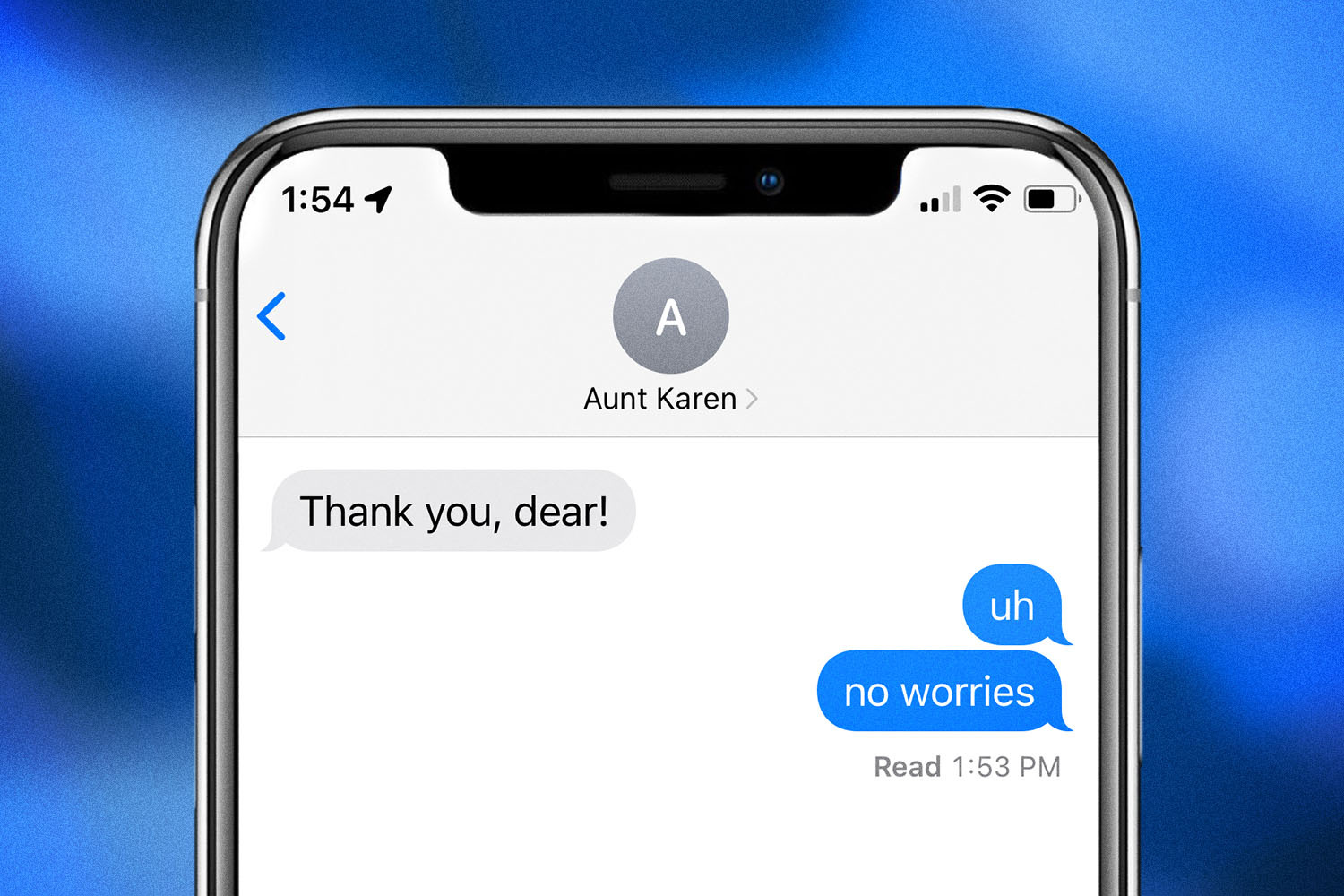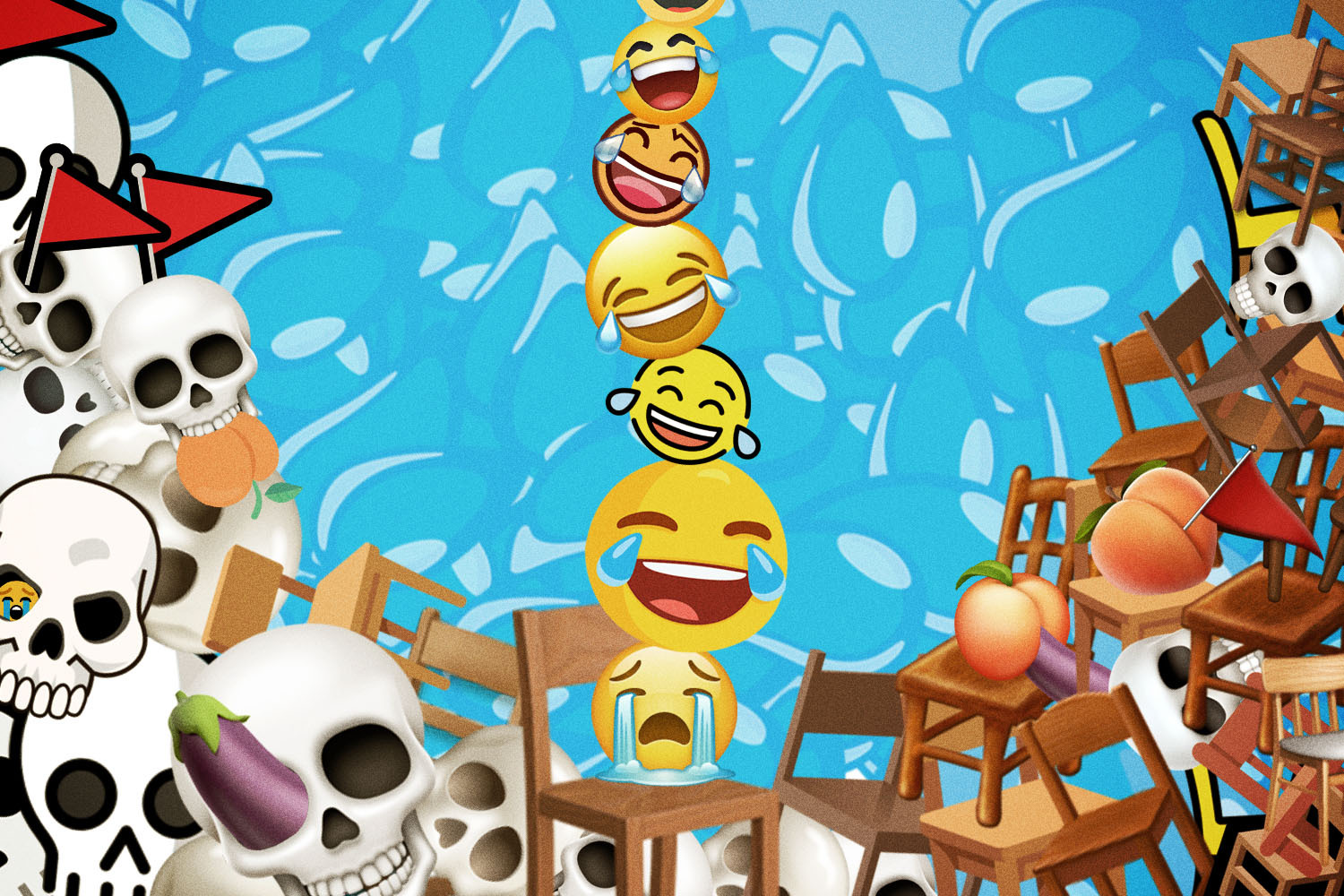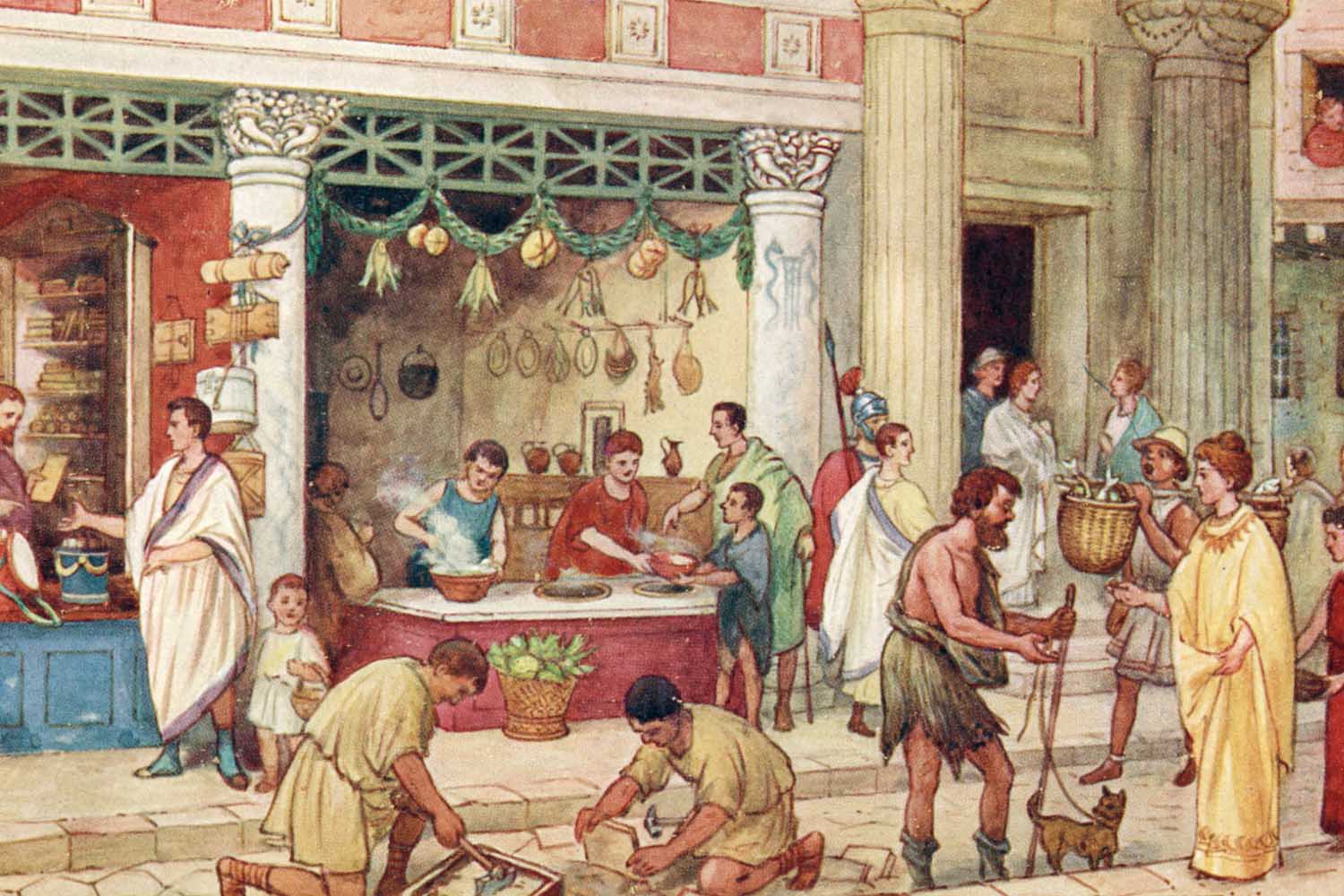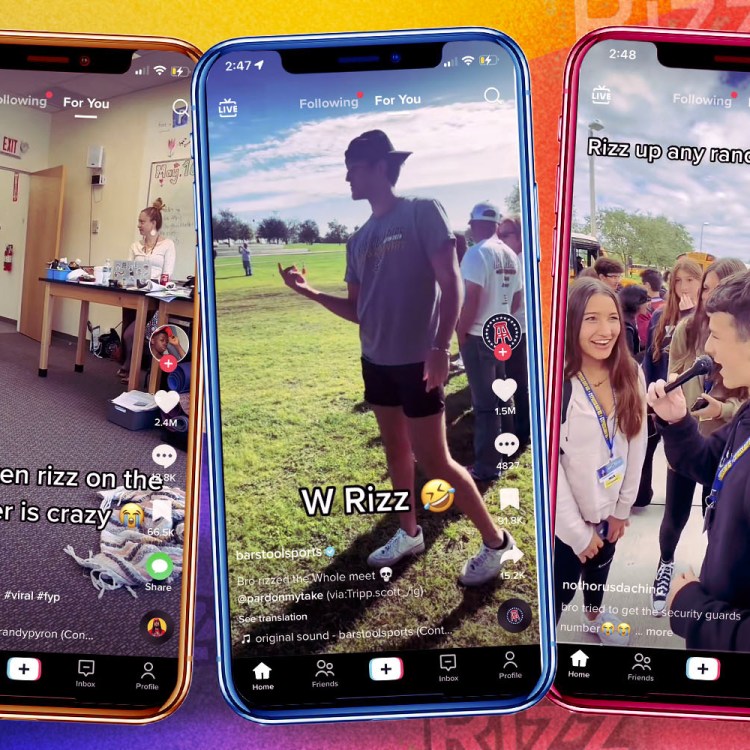Yassification memes have swiftly taken over social feeds thanks to the popular Twitter account @YassifyBot, and you might be wondering why these heavily altered photos of celebrities and historical figures are swirling around. But if you have no idea what we’re talking about, a quick explainer:
To “yassify” something is to apply an extreme amount of filters and edits to an image using popular photo editing apps like Facetune or FaceApp, dramatically changing the subject’s appearance. The photos share similar qualities, as you can gauge by our yassified Jesus above. His skin is comically airbrushed, eyebrows perfectly penciled, cheekbones and nose contoured to the gods, and his brown hair has undergone a balayage treatment.
@YassifyBot, which currently has around 156K followers on Twitter, has tweeted hundreds of images from the Quaker Oats Quaker Man to Patrick Bateman to Alan Rickman’s Severus Snape in Harry Potter, all with thick lashes, blinding highlight and voluptuous, glossy lips.
Despite its name, @YassifyBot isn’t actually a bot. The account is run by a 22-year-old college student in Omaha who makes art under the name Denver Adams, according to the New York Times, and.
While the account is new and can be credited with putting yassification on the map, the term, according to KnowYourMeme, has been around since August 2020. Defined as “an internet slang term that refers to the process of something becoming more LGBTQ+ adjacent,” the word first appeared on Twitter and has now made its way to Tumblr and TikTok. As the Times and KnowYourMeme explains, words like “yas,” “yaas” or “yaaaaaassssss” have been prevalent in LGBTQ vernacular and meme circles for more than a decade.
So why are people now obsessed with yassifying everything?
Adams told the Times the mere absurdity of the images is what people find amusing, and the more extreme they get, the funnier they are. The memes also share similarities to “bimbofication,” an internet subculture that reclaims the derogatory word “bimbo” and celebrates being vapid and hot, notes the Times.
These memes might also be a critique of modern-day beauty standards. The yassified images resemble features most of us are familiar with. I like to call this phenomenon “Instagram Face” or what’s better known as “The Kardashian Effect.” The famous family’s specific aesthetic has been copied so many times now that practically everyone looks the same.
“You’ve seen their aesthetic details replicated on innumerable faces around the world: the stenciled, arched brow; the baked-powder contour; the inner glow that comes from carefully charted concealer; the gradient of the neutral lip pencil, overdrawn just so, topped off with a sheer brown gloss,” wrote Allure regarding the Kardashians’ impact on beauty standards, noting that the family has also influenced trends in plastic surgery. Kim’s iconic Paper magazine cover and the subsequent obsession with her butt caused consumer interest in butt lifts to rise. In 2015, when Kylie Jenner (who was 17 at the time) admitted to getting lip augmentation, internet searches for “lip fillers” went up 3,233 percent, per Allure.
These unrealistic beauty standards that often are promoted through Instagram, though, might finally be facing a reckoning. Users across social platforms, and specifically TikTok, have been calling out how celebrities, influencers and even themselves alter their Instagram images. The edits, while noticeable compared side-by-side to the original photo, are often so imperceptible at first glance that most people can’t decipher between a real or altered photo, fueling body dysmorphia, among other things, specifically among young women.
Adams speculates the yassification memes might be so popular because they’re making light of this very serious issue.
“There is something unhealthy about the culture of unrealistic beauty standards becoming seemingly normal. You can’t tell what’s real through an Instagram photo,” they told Teen Vogue in an interview. “There is no way to tell if it’s real, and it’s hard to remember that when you’re constantly comparing yourself to others on your Explore page. Obviously, the technology is so smart now that anyone could fake anything.”
So perhaps a yassified photo of Timothée Chalamet is serving as a well-needed reminder that nearly everything on social media is a big Facetuned lie.
Thanks for reading InsideHook. Sign up for our daily newsletter and be in the know.

















